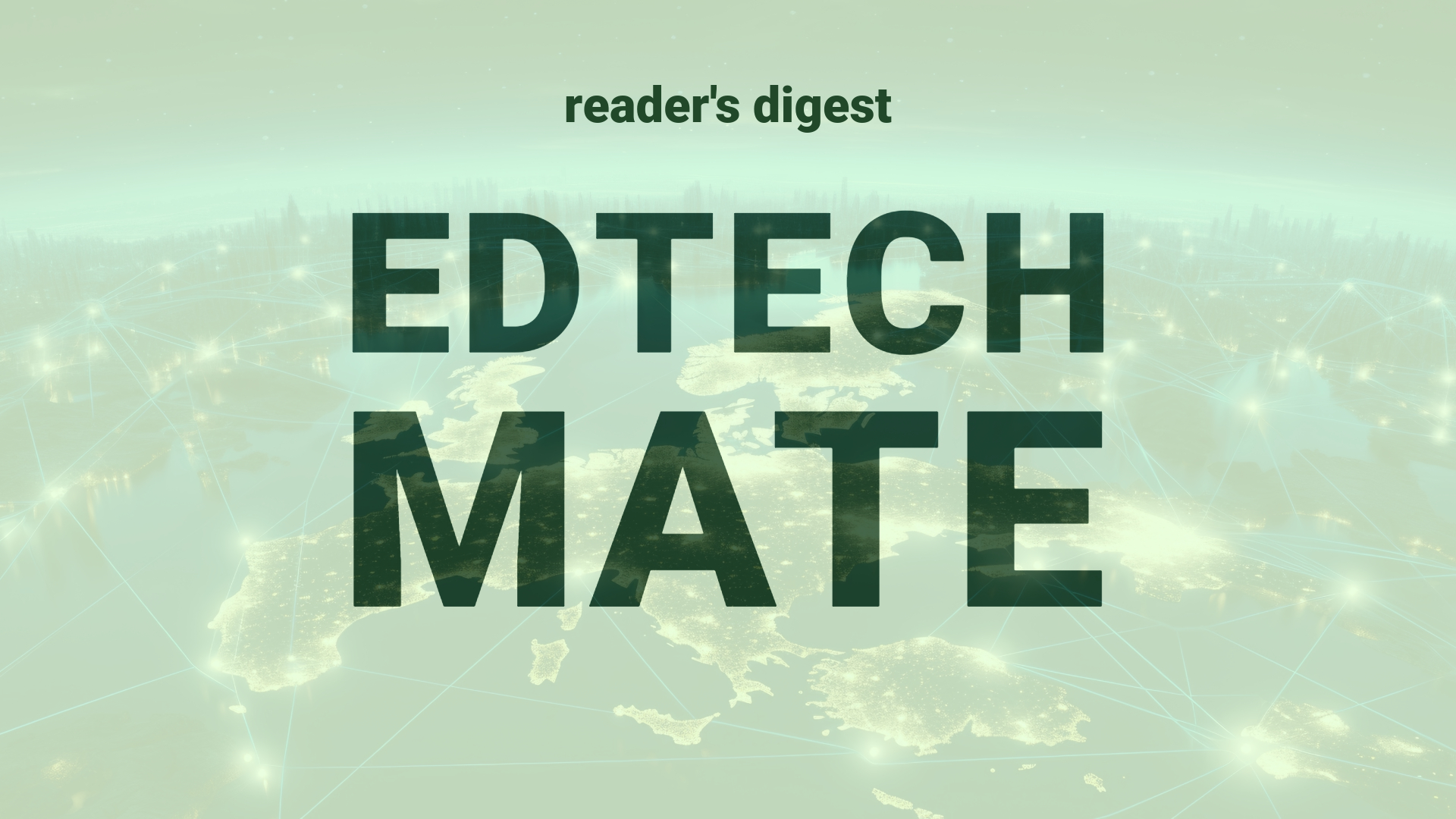Executive Summary and Main Points
The content highlights a significant shift in manufacturing due to the integration of Generative AI (GenAI) with edge deployments, accelerating the advent of Industry 4.0. Key innovations include the application of GenAI and Small Language Models (SLMs) to overcome the previous limitations of isolated control systems and introduce real-time decision-making at the edge. GenAI’s capacity for rapid data analysis assists in identifying patterns and generating actionable insights using Natural Language Processing (NLP), further expediting manufacturing processes. The anticipated breakthrough in digital transformation suggests substantial impacts on the sector, emphasizing a demarcation between industry leaders and those who may fall behind, potentially risking obsolescence.
Potential Impact in the Education Sector
The developments in GenAI and its impact on Industry 4.0 present transformative prospects for Further Education, Higher Education, and Micro-credentials. Educational institutions can explore strategic partnerships with tech companies to incorporate GenAI into curricula, creating more industry-relevant courses that prepare students for a digitally-transformed workforce. In Higher Education, research initiatives could harness GenAI to analyze educational data and generate insights for improving learning outcomes. Moreover, Micro-credentials stand to benefit through personalized and adaptive learning experiences powered by AI, with digitalization at the forefront of these enhancements, making education more accessible and tailored to individual learner needs.
Potential Applicability in the Education Sector
AI and digital tools, inspired by the innovations in manufacturing, have considerable applicability within global education systems. AI-driven analytics could facilitate the personalization of student learning plans, enable automated grading systems, and offer predictive modeling for student success rates. AI can also play a fundamental role in developing intelligent tutoring systems and virtual assistants, thereby enriching the learning experience. Additionally, the use of AI to manage administrative tasks can reduce workload and allow educators to focus more on teaching and mentoring.
Criticism and Potential Shortfalls
While the benefits of GenAI are evident, its application is not without criticism and potential shortfalls. Ethical concerns such as data privacy, security, and the amplification of biases remain prominent challenges. Comparative international case studies may reveal disparate impacts of AI integration in education across different cultural contexts. Lack of transparency in AI’s decision-making processes, often referred to as the “black box” problem, may impede the ability to understand and trust AI-generated outcomes in educational settings. Steps must be taken to mitigate these risks, ensuring that GenAI applications align with ethical standards and promote equitable learning opportunities.
Actionable Recommendations
For international education leadership seeking to assimilate these technologies:
1. Invest in faculty development programs that build GenAI literacy, enabling educators to effectively integrate AI into their teaching and research.
2. Partner with technology providers to pilot AI applications in specific educational contexts, tracking outcomes and scalability.
3. Establish ethical guidelines and governance frameworks for AI use that address privacy, security, and bias concerns.
4. Encourage interdisciplinary research that evaluates the impact of AI in education and explores innovative uses for enhancing global education dynamics.
5. Facilitate industry-academic collaboration to ensure the alignment of educational offerings with the evolving demands of a digitally-transformed workplace
Source article: https://www.cio.com/article/2092082/accelerating-industry-4-0-at-warp-speed-the-role-of-genai-at-the-factory-edge.html

